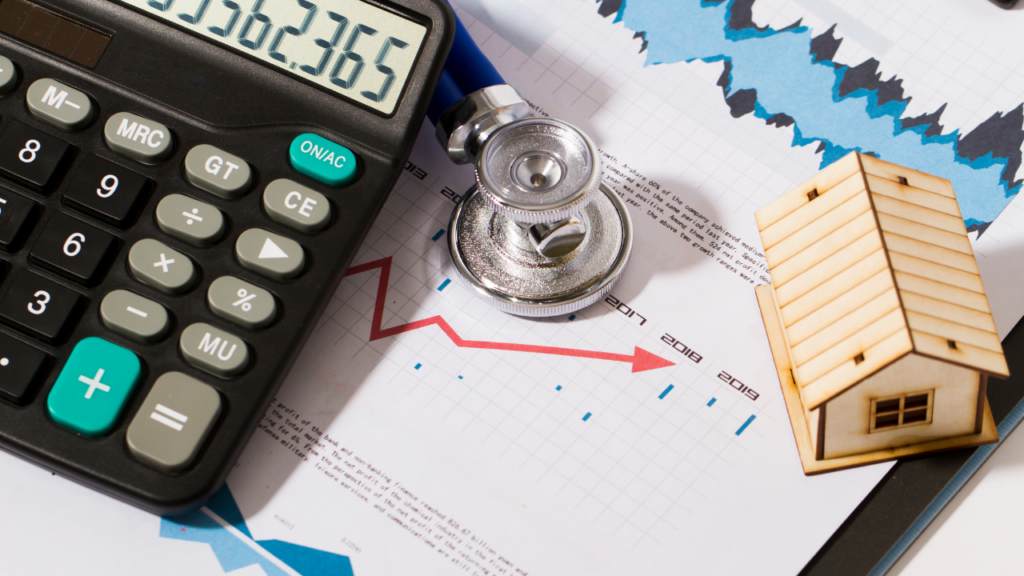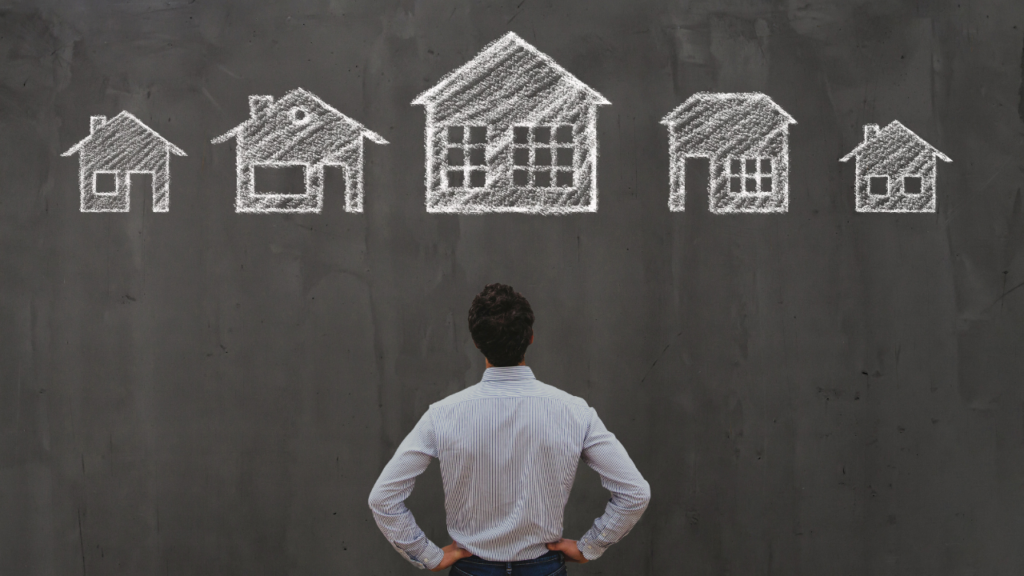
When is the ideal time to purchase a house in Virginia? The answer lies in your priorities and needs. However, we have valuable insights to help you make an informed decision. So Should I Buy A House Now Or Wait ?
This blog post will guide you through home-buying at the right time.
The Best Time Of The Year To Buy In Virginia
Remembering that seasonal price trends can vary from year to year and within specific neighborhoods is essential.
The best way to find your dream home in Virginia is to connect with a local realtor who will guide you through the market and identify the ideal time to purchase.
Spring: High Inventory, But Higher Prices
For move-in-ready homes, March, April, and May are the optimal months to search. Inventory is plentiful during this time, increasing your chances of finding a home waiting that meets your criteria.
However, prices tend to be higher in the spring, and sellers are less likely to negotiate due to high demand
Summer: Lower Prices, Fewer Options
If affordability is your priority, waiting until summer is the best bet. Inventory decreases after the spring rush, and fewer buyers are in the market during summer holidays and pleasant weather. This creates less competition and lower prices for those buying in Virginia.
Late Summer: Potential Deals, But Limited Choices
Buying a house in late summer is a gamble. Sellers who have had their homes on the market for a while may be more willing to lower prices, potentially allowing you to secure a home below market value.
However, the limited homes available in late summer may restrict your options, so starting your search earlier might yield more choices.
Virginia Real Estate Market Statistics

Average Home Prices
The typical price of a middle-priced home in Virginia is around $397,000, which has increased by about 8.3%.
In 2024, the price will continue to rise slightly because few homes are available for sale in Virginia. When homes are sold, they are usually sold for about 98.9% of the listed price.
Home Sales
According to the information from January 2023, there was a 2.7% decrease in the number of homes sold. In January 2024, only 5,961 homes were sold, which is lower than the 6,128 homes sold in January 2023.
Pending Sales
Compared to the previous year, the number of homes available for sale has decreased by 3.5%. Right now, 21,311 homes are up for sale in Virginia.
Months of Supply
On average, only enough homes are available to meet the demand for about two months in Virginia.
This means there is a limited supply of houses to meet the high demand in the state. The scarcity of houses in Virginia is even worse than the housing market across the entire country.
Housing Inventory and New Listings
As of January 31, 2024, there are currently 15,668 homes available for sale in Virginia. This provides potential buyers with a wide variety of options to choose from.
Furthermore, during the same period, Virginia saw 5,168 new listings, indicating that new properties are constantly entering the market for buyers to consider.
Median Sale and List Prices
The median sale price in Virginia, as of December 31, 2023, is $345,997, while the median list price, as of January 31, 2024, is $361,333.
This disparity between the sale and list prices indicates a dynamic negotiation process influenced by market demand and seller expectations.
Median Sale to List Ratio
The median sale to list ratio as of December 31, 2023, stands at 1.000, suggesting a balanced relationship between the listed and sold prices.
This metric is essential for buyers and sellers, providing insights into the negotiation dynamics within the Virginia housing market.
Top Tips To Buy a House In Virginia

Buying a house is an exciting experience. But it can be stressful and confusing, especially if you’re doing it for the first time.
Here are some tips to help you through it:
Check Your Credit Score
It’s important to check your credit score to explore different financing options. Having a good credit history can increase your chances of obtaining a higher credit score, which in turn can qualify you for lower interest rates.
Save for a Down Payment
To avoid paying private mortgage insurance, or PMI, you must keep at least 20% of the home’s purchase price as the down payment. Some mortgage lenders provide no-PMI mortgages with lower down payments but expect to pay a higher interest rate.
Get a Pre-Approval Mortgage
Getting pre-approved for a mortgage can be really helpful when you’re ready to make an offer on a home.
It gives you a clearer understanding of how much you can afford and helps you determine if the house you’re interested in fits within your budget.
Find a Good Real Estate Agent
Hiring an experienced real estate agent in Virginia can be a time and money saver. They deeply understand the local market and can help you find properties that meet your specific needs and preferences.
Negotiate Repairs
When you receive a home inspection report, it can uncover both big and small problems with the property. It’s important to address any major issues before your loan is finalized.
However, you can choose to handle minor issues at a later time.
Always Do a Final Walk-Through
Do this diligently; this is your final opportunity to inspect the house. Ask questions and address any outstanding issues before they become your responsibility.
Is Now a Good Time to Buy a House in Virginia?
Considering the current state of the Virginia housing market, determining whether it’s a good time to buy a house depends on individual circumstances and goals.
While the market leans towards sellers, opportunities may still exist for buyers, especially with the diverse inventory and reasonable median sale prices. Before deciding, potential buyers should consult real estate experts and assess personal financial considerations.
The Virginia housing market currently leans towards sellers, with no signs of a crash and a steady increase in home values.
However, buying or selling should be based on a thorough analysis of personal circumstances and carefully considering market dynamics.

